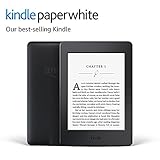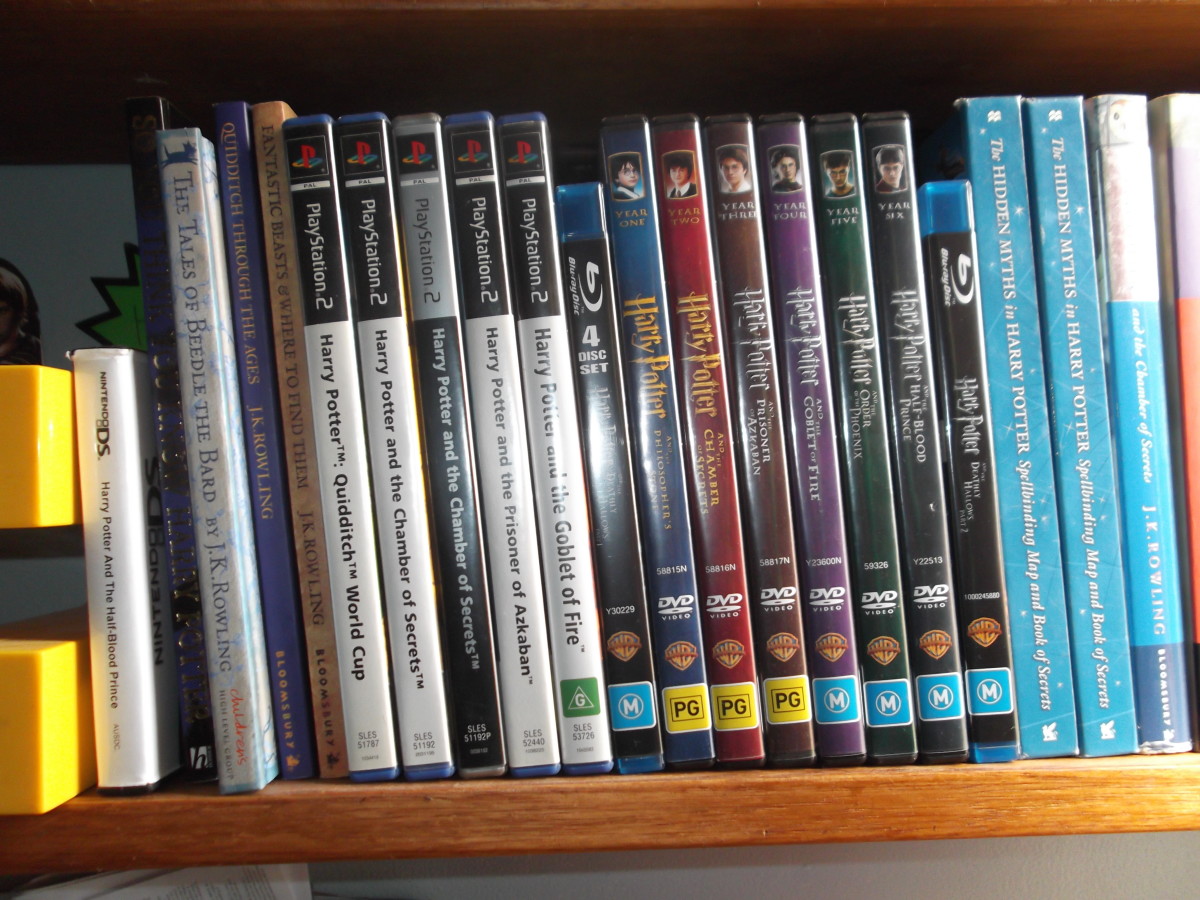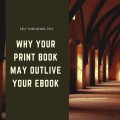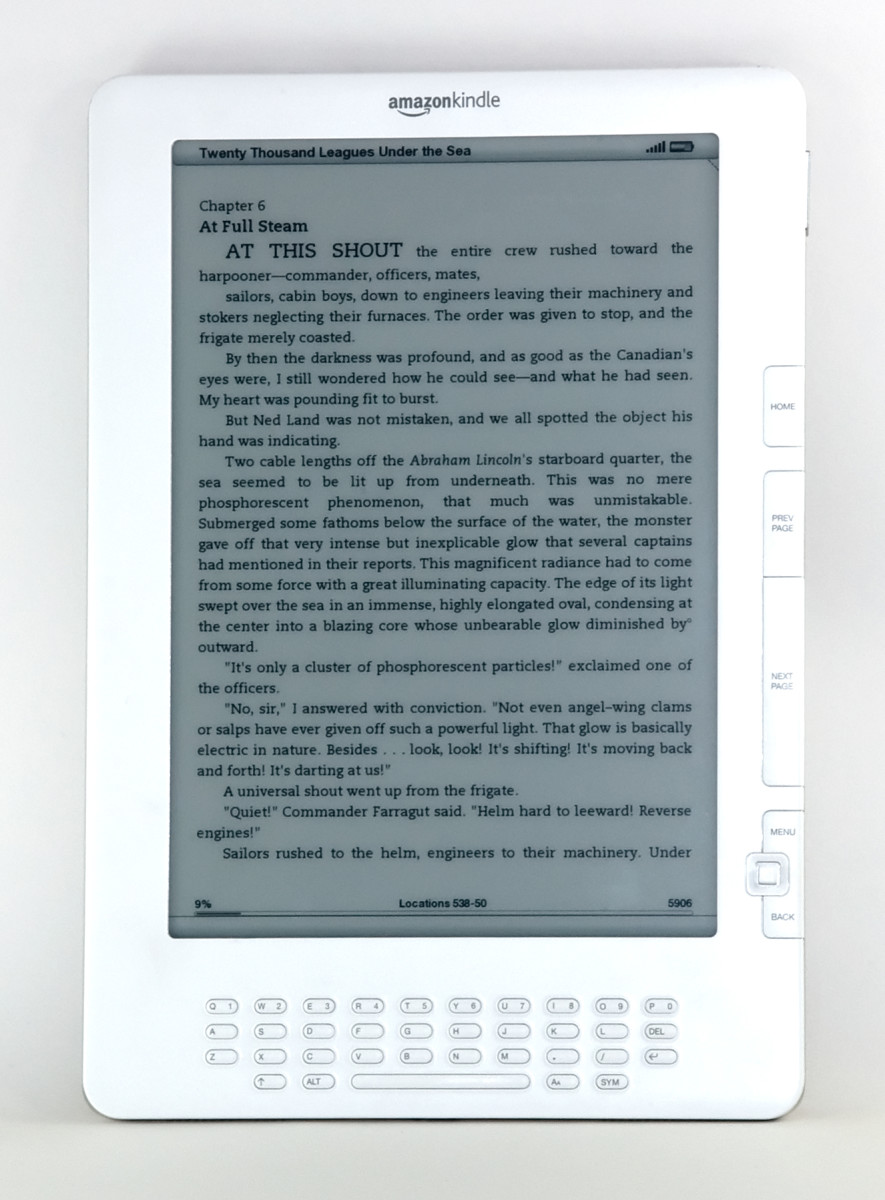The Hidden Appeal of e-Readers
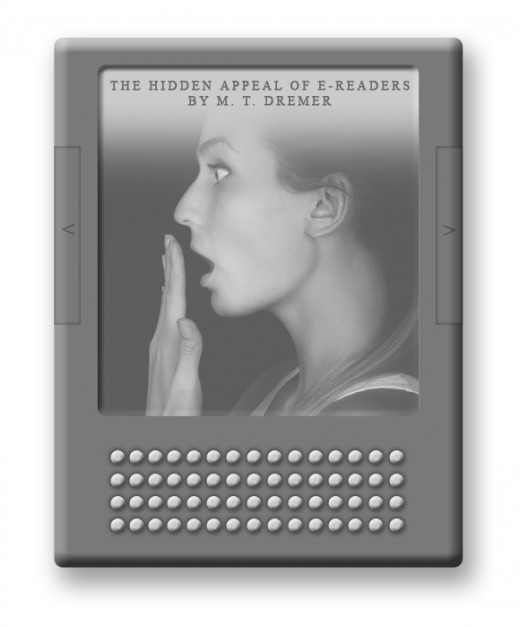
For a very long time I disliked the concept of an e-reader. Though physical books aren't that complex, they have aspects that are very important to me. I love the feel of a new paperback and the glossy shell of a hardcover. I love the smell of the pages as I turn them for the first time and the ability to take the book anywhere without worry about batteries or always being connected to the internet. Any time that I want to be away from technology, I reach for a book, so why the heck would I want to change that? I should also note that, as an aspiring author, I find no satisfaction in seeing my book on an e-reader. I already see the book on a computer every day that I work on it, so it really isn’t anything special. But the day that I’m able to hold the completed product in my hand, and give it to someone else, that will mean everything. But in my quest to denounce e-readers and their crusade against the printed word, I learned a few things that have shifted my perspective. The following three words were the most influential part of my new viewpoint:
Free Public Domain
I had never seriously considered using an e-reader until my niece got one a few Christmases back. She brought it over and I got a chance to check it out. I had seen one in stores previously, but I didn’t have a chance, at that time, to browse their catalog. It wasn’t the list of new books that impressed me; those I had no interest in purchasing for a digital format. But rather, it was the old books; the classics that had expired copy-writes and were now considered ‘public domain’ that caught my eye. Most, if not all, have an e-version that you can download free of charge. I don’t read a great deal of classics, but I’ve been getting into them more and more lately as I try to trace back to the roots of the science fiction and fantasy genres. So when I saw that authors like H. G. Wells, Robert Lewis Stevenson and Arthur Conan Doyle were free to download, my stance on the matter flipped. Suddenly I had access to countless books that I genuinely wanted to read, for free! Sure, I’d love to buy those fancy leather-bound versions at the store, but who can afford to pay the $20 or $30 price tag (at least) for a book that you might read? Now, it’s true that public domain books can already be found floating around the internet for free, e-readers didn’t pioneer that, but the e-reader allows you to read it anywhere you want and download new ones anywhere there is a wireless internet connection.
What is your current stance on e-Readers?
For the Vision Impaired
My first thought on e-readers was 'technology for the sake of technology'. Kind of like how they come out with a new phone every year and INSIST that you upgrade, even though your old phone is perfectly good. In my mind, books are still a perfectly good way of conveying stories, so why muck that up with technology? One reason is for the vision impaired. I have bi-focal glasses at age 27 and, while I can still read fine print, I don't foresee that will always be the case. Some, if not all, e-readers allow you to increase the size of the text like with a large print book; something that was only available on limited titles for print. Similarly, some e-readers offer a read-out-loud feature which uses a digital voice to read the text to you. Granted, it’s not as good as an audio book (which has voice actors reading it) but not all books have been converted to an audio format. So, despite the tech hungry corporations that created this thing, they inadvertently did something good with it. It's true that grandma might struggle with the technology gap, but it's still an option where there wasn't one before.
Eco-friendly
I struggle with this argument because I love books and literature, but I’m also pro-environment. I get angry at corporations that spew toxic crap into the air and water, and yet one of my favorite pastimes has been killing trees for centuries. I try to use air dryers in the bathroom, rather than paper towels, and yet I’m championing an industry that needs constant resources to survive. Talk about a conflict of interest! So I begrudgingly give the nod to e-readers for being Eco-friendly. I still like the physical version, but if it means preserving mother earth, I will make the switch.
Dictionary and Notes
It turns out that some e-readers also have a dictionary feature that can define any word you highlight. This is something that would have been impossible with a print book unless it had footnotes or you were sitting next to a dictionary. It’s a relatively small feature, but considering that, in the past, I would just gloss over confusing words and hope it didn’t hurt the story, it is an appreciated one. Similarly, the ability to write notes appeals to me, not because I write a lot of them, but because I absolutely refuse to write anything on any of my books. The print ones are sacred, so I try to keep them as pristine as possible. With an e-book, you could jack it up six ways from Sunday and it would still be fine.
College Potential
Even though I finished my college education in 2008, I still feel for the trials and finances of current college students. The e-reader represents a unique advancement in education we haven’t seen before. Not only is an e-reader easier to carry than a backpack full of text books, but e-text books would be cheaper for students who are already feeling financial strain. While it is true that you can re-sell your old physical text books to get back some of the money you spent, it generally isn’t very much and we’ve all run into that problem where the book we’re trying to re-sell just recently became obsolete. Then we’re stuck with an outdated paper weight or table leveler. This could also extend to grade school students, though I admit, it would be rather costly every time one of those e-readers broke at the hands of a less-than-enthusiastic teenager.
Conclusion
I’ve only listed a few of the features new e-readers have, and I haven’t even brushed the topic of book apps on tablets (I’m still resisting those because of how easy it is to NOT read on them), but it’s a large subject and I’m still new to this whole industry. I also haven’t addressed the cons of an e-reader. But, the reason I wrote this article was because I wanted to show that we readers/authors shouldn’t resist it. I still hope to see a printed version of my book when it’s published, and I think I’ll skirt in there just at the tale end of print’s long life, but the future lies in a different frontier. Some of us have already made the change happily, others are still fighting it; and it is for the latter that I wrote this. There are a lot of hidden advantages to these things, and it might not be the end of the world to have them, at the very least, co-exist with print books.

